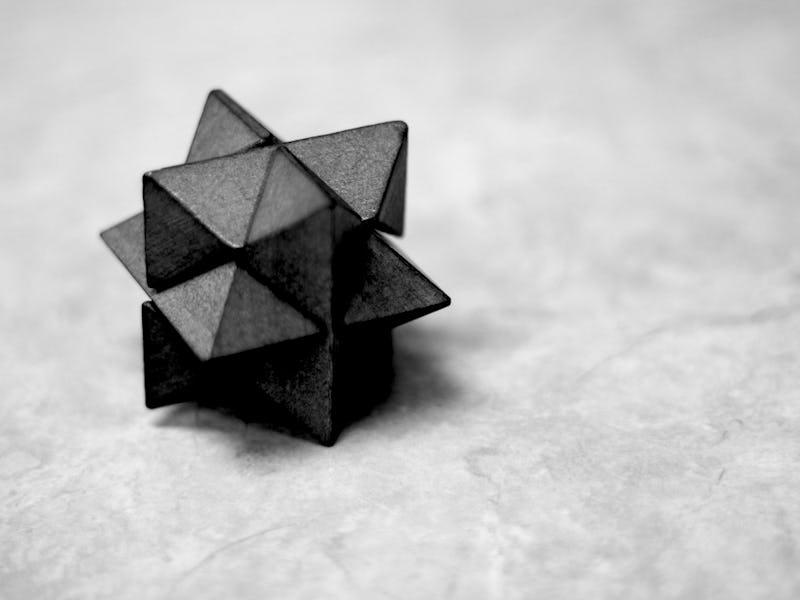The 5 Best Ways to Use Your Brain for Charity
Stop watching cat videos and make yourself useful.

Science is more than just sitting at a lab bench and patiently observing whatever experiment you might have running. And thanks to the Internet, you don’t need to be in the lab to be a part of a new scientific discovery. Hell, you don’t even need to know what’s going on.
Crowdsourced science is popping up everywhere. Scientists are increasingly relying on the generosity of ordinary citizens. By crowdsourcing puzzles, researchers can quickly parse an enormous amount of data.
Just take a look at EyeWire, a brain mapping game developed by neuroscientist Sebastian Seung and his lab at Princeton University (formerly MIT). In EyeWire, gamers color in 3D maps of neurons found in retinal images, as part of a broader effort to map the “connectome,” a comprehensive map of the brain that neuroscientists could use to better understand the neural connections that mediate how the human brain and nervous system work.
It takes one person about 50 hours to reconstruct one neuron in 3D. There are over 85 billion neurons in the human brain. There is no way to map the connectome without turning to others. Since launching in December 2012, Seung and his colleagues have seen over 150,000 players from 145 countries play EyeWire, helping to reconstruct more than 1.5 million neural “cubes” that are roughly 350 x 300 x 60 micrometers in size. The data Seung’s lab has been able to work through have already led to a few new insights into the brain — and it’s likely that in 20 or 30 years, we’ll know what the whole brain looks like.
You can get involved with EyeWire if you haven’t already, but if neuroscience isn’t exactly your cup of tea, here are five other crowdsourced science projects that you can check out and put your brain to good work the next time you’re killing time on the web. Get your jigsaw puzzle pieces out.
1. Digital Fishers
Canada’s marine biologists need your help! The goal in this project is to watch short videos of ocean habitats and identify different sea creatures. You only need to spare 60 seconds of your time!
2. American Gut
Part of the Human Microbiome Project, American Gut is simple: You make a donation for a sample kit, and help contribute data from your own microbiome to help researchers better understand the trillions of bacteria living in our bodies.
3. Loss of the Night
If you’re a night owl, you may as well be helping scientists measure light pollution while you stay up. You simply have to download an app (available on Android devices) and use it to help scan the night sky and track how many stars and constellations you can actually find. Your data becomes part of the international Globe at Night project, dedicated to learning more about light pollution and raising public awareness of its detrimental effects.
4. Bat Detective
Face it — this is the closest you’ll ever get to being called Batman. Go to the Bat Detective website and start listening to bat calls recorded from all around the world, helping biologists to distinguish the sounds from between bat species and different species of animals and insects altogether.
5. EteRNA
Here’s a project that may appeal to those up for a bigger challenge. Run by researchers at Carnegie Mellon University and Stanford University, EteRNA is a puzzle game where users solve problems related to the folding of RNA molecules in order to help contribute data to synthetic RNA designs. Users can vote which designs are their favorite. The ones with the highest votes are actually synthesized in a Stanford biochemistry lab to analyze folding patterns of the RNA molecules as compared with computer models.